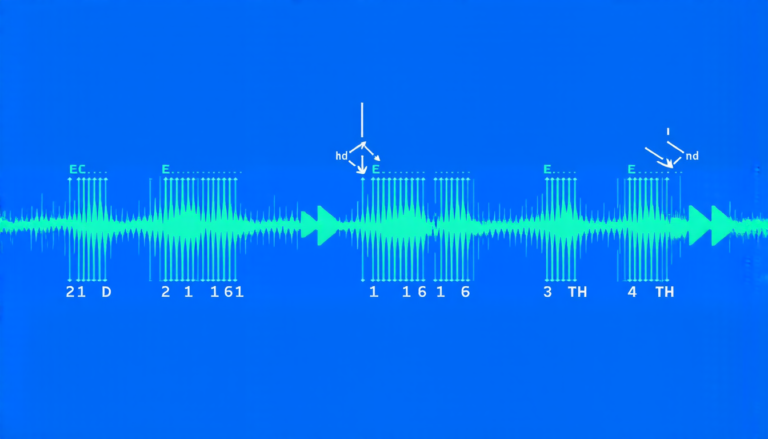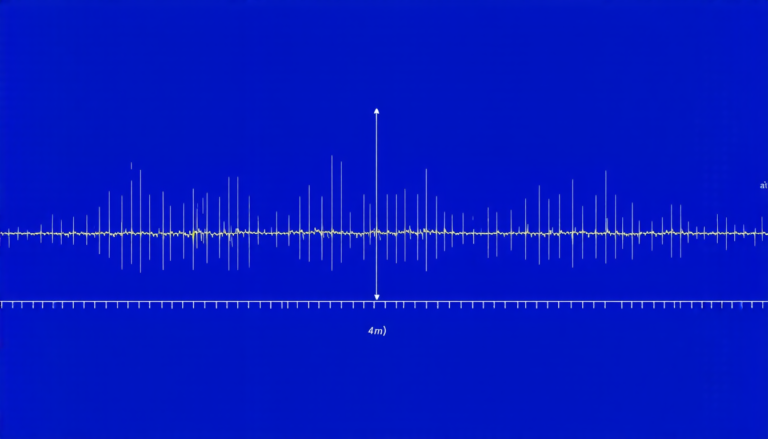Tuesday 08 April 2025
The world of statistics is often shrouded in mystery, leaving many wondering what all the fuss is about. But, believe it or not, these numbers and formulas have real-world implications that can change our daily lives. Take, for instance, the field of medicine, where understanding distributional responses – think patient-specific data sets – is crucial for developing accurate treatments.
Fréchet regression, a statistical framework proposed by Petersen and Müller in 2019, allows non-Euclidean responses, including these complex distributional responses. This concept has been extended to include variable selection, which enables researchers to identify the most important factors influencing these distributions. Sounds complicated? It is – but trust me, it’s worth understanding.
Recently, a team of researchers developed an R package called fastfrechet, designed to make Fréchet regression and variable selection more accessible and efficient. The package uses a custom dual active-set solver, which ensures both speed and accuracy while accommodating user-specified support constraints.
So, what does this mean in practical terms? For medical professionals, it means being able to analyze vast amounts of data to identify patterns and trends that can inform treatment decisions. Take, for example, the UK Biobank study, which used wrist-worn accelerometers to assess physical activity levels among a large population. With fastfrechet, researchers can now apply Fréchet regression to this data to better understand how different factors – such as age or fitness level – influence an individual’s physical activity.
The implications of this technology are far-reaching. By developing more accurate models of patient-specific data sets, doctors and researchers can create tailored treatments that address unique needs. This could lead to improved health outcomes, reduced healthcare costs, and a better understanding of the complex relationships between factors influencing our well-being.
But fastfrechet isn’t just limited to medicine. The package can be applied to any field where distributional responses are common, such as finance or environmental science. In these fields, researchers can use Fréchet regression to model complex systems and identify key drivers of change.
One of the most impressive aspects of fastfrechet is its speed and scalability. Unlike other packages, which may struggle with large data sets or take hours to run analyses, fastfrechet is designed for efficiency. This means that researchers can now perform complex statistical analyses in a fraction of the time it would have taken previously – a game-changer for anyone working with large datasets.
Cite this article: “Fast Fréchet: A Breakthrough in Distributional Regression Analysis”, The Science Archive, 2025.
Statistics, Medicine, Data Analysis, Fréchet Regression, Variable Selection, Fastfrechet Package, R Programming Language, Healthcare, Machine Learning, Big Data







